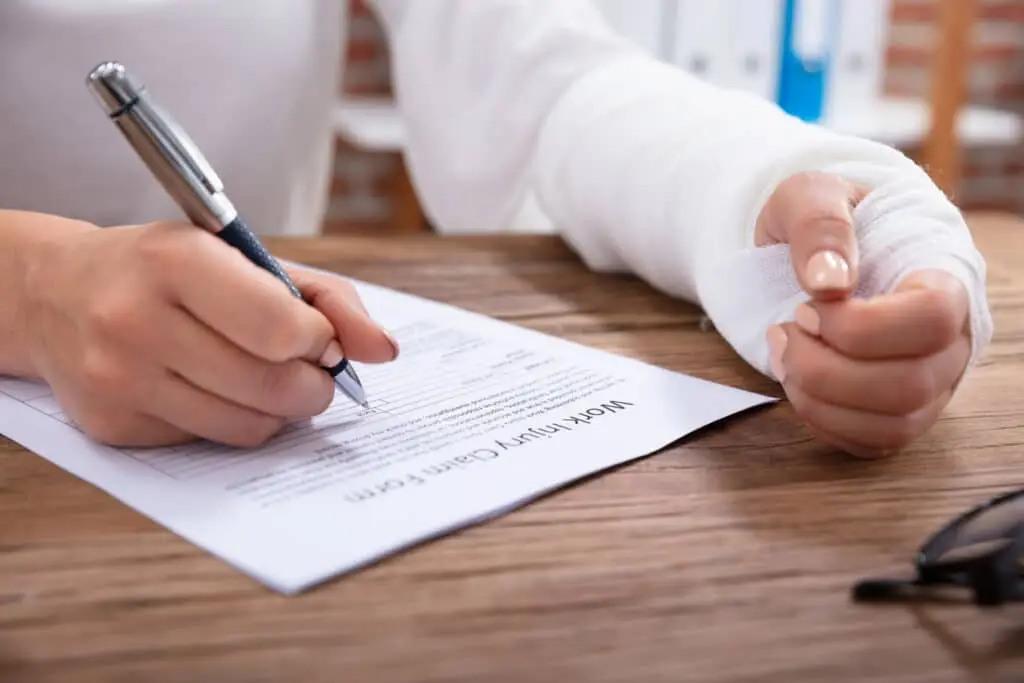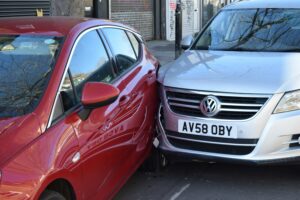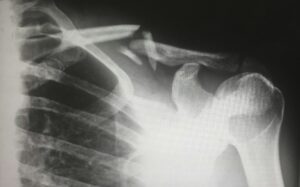Table of Contents
ToggleThe Process of a Personal Injury Claim in Los Angeles
The term ‘claim’ has multiple meanings in personal injury law. On the one hand, a claim is a legally enforceable right in court. However, it also refers to insurance claims.

A personal injury claim is an action against someone who caused you harm or injury through negligence, intentional torts, or other wrongful conduct. You might file an insurance claim against the at-fault party, if applicable, or you might assert your legal claim by filing a lawsuit in court.
This blog post focuses on the insurance claims process but also covers what might happen if you assert the claim in court.
Filing a Claim
Generally, the process begins with filing a claim with the insurance company or a notice of claim with the at-fault party. The claim states that you sustained damages because of the party’s actions.
In your claim, you demand compensation for your injuries and damages. For an insurance claim, the company must acknowledge the claim within 15 days of receiving the claim.
If you hire a Los Angeles personal injury lawyer, your attorney can file the claim on your behalf. Your attorney also handles the next step in the claims process, the investigation.
Claims Investigation
The insurance company investigates your personal injury claim. It reviews evidence to determine whether its insured caused your injury.
California is an at-fault state. A party is only liable for damages if it causes your injury. As the injured party, you have the burden of proving the legal elements of a negligence claim.
Therefore, the evidence must prove that:
- The insured party owed you a duty of care
- The party did not meet the standard of care required for a specific situation
- The breach of duty was the proximate and direct cause of the accident and injury
- You sustained damages and harm
An insurance adjuster conducts the investigation for the insurance company. However, the adjuster is not acting on your behalf.
The insurance adjuster works for the insurance company. Therefore, the adjuster protects the best interest of the company. Limiting liability is in the company’s best interest, so it does not have to pay your claim.
A Los Angeles personal injury attorney works for you. Your lawyers collect evidence that can prove your claim. Evidence in a personal injury case includes, but is not limited to:
- The accident report or police report
- Photographs and videos of the accident scene
- Statements by the parties involved in the accident
- Eyewitness statements
- Physical evidence from the accident scene
- Medical records linking your injuries to the accident
- Reports and opinions from expert witnesses
The stronger the evidence in your case, the more likely the insurance company will pay a reasonable amount to settle your claim. Therefore, working with a personal injury lawyer with the resources and expertise to conduct a thorough claims investigation is wise.
Settlement Negotiations
After you reach maximum medical improvement (MMI), it is time to make a settlement demand. Your lawyer prepares a settlement demand letter. The demand letter explains the facts of the case, the legal basis for liability, and your damages.
Damages in a personal injury case include economic and non-economic damages. Examples of damages include:
- Medical bills
- Emotional distress
- Scarring and disfigurement
- Lost wages
- Mental anguish
- Physical pain and suffering
- Loss of enjoyment of life
- Out-of-pocket expenses
- Impairments and disabilities
- Rehabilitative therapies
- Diminished quality of life
- Long-term care
- A decrease in earning capacity
- Property damages
The value of your damages depends on the circumstances and facts of your case. Factors that determine how much your case is worth include:
- Your injuries and whether you sustained permanent impairments
- The duration of your recovery
- Your financial losses
- Whether you could be partially to blame for causing the accident
- The policy limits of the insurance contract
- The types of treatment you received for your injuries
- The parties involved in the case
The insurance company might accept your settlement demand and pay the claim. However, the company is likely to issue a counteroffer. The counteroffer is for a lower amount. Most attorneys demand a higher amount for settlement to leave room for negotiations.
The insurance company and your lawyer might negotiate back and forth for several weeks or months. The parties discuss the merits of the case, the evidence, and the value of damages. Most personal injury cases are resolved through negotiations with the insurance company.
Settlement
Once you and the insurance company agree to a settlement amount, your lawyer prepares a settlement agreement. You release all parties from further liability for your damages in return for a specific amount of money. The insurance company sends your attorney a check after you sign the settlement agreement.
Your lawyer deducts amounts from the settlement proceeds for:
- The lawyer’s contingency fee
- Costs of the case
- Medical bills and liens
- Subrogation claims
The remaining proceeds are paid to you for your claim. It could take several weeks after settlement for you to receive a settlement check. Most attorneys negotiate medical liens and subrogation claims to put as much money in your pocket as possible for your claim.
What Happens if I Cannot Settle My Personal Injury Claim in Los Angeles?
A small number of personal injury claims cannot be resolved through negotiations with the insurance company or at-fault party. The parties might disagree about fault for the cause of the accident. Even if the other party does not dispute liability for damages, it might dispute the amount you claim for damages.
If you cannot resolve your personal injury case through the settlement process, you can file a personal injury lawsuit against the party who caused your injury. The personal injury lawsuit process includes the following:
- Filing a complaint and other pleadings
- Discovery
- Pre-trial motions
- Settlement negotiations
- Trial and jury verdict
- Appeals
There is no guarantee that you will recover money for damages if you file a personal injury lawsuit. The party might not pay the judgment even if you win the lawsuit. Therefore, you might need to pursue additional legal action to collect the personal judgment.
Hire a Personal Injury Lawyer To Help You With the Personal Injury Claims Process
Before filing a personal injury lawsuit, your lawyer discusses the merits of your case and your chances of winning. In some cases, it is better to agree to a settlement amount that is slightly less than you believe your claim is worth. For example, if there could be a chance the jury might believe you are partially to blame for the accident, taking the case to trial could be risky.
It is essential to consider all options and factors before filing a personal injury lawsuit. Sound legal advice is the best way to protect your rights after an accident or personal injury.




